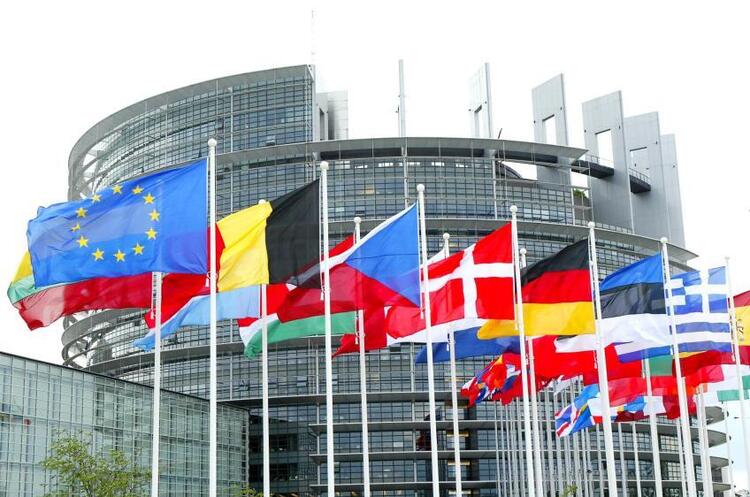Confiscation of Russian assets will be "not easy" - head of EU working group
As a rule, in order to do this, it is necessary to prove that they were obtained by criminal means

The European Union's plans to take control of Russian assets after the start of Russia's aggression against Ukraine, especially state assets worth about $350 billion, are unprecedented and complex.
Source. This was stated on Friday, March 24, by the head of the EU task force, Swedish diplomat Anders Anlid, euractiv.com reports.
"There is nothing simple" when it comes to finding the huge sums intended to pay for the reconstruction of Ukraine, Anders Anlid said in an interview in Stockholm.
From the yachts of oligarchs to the foreign exchange reserves of the Russian central bank, there is a mountain of wealth to be had, but getting hold of it legally is easier said than done.
"It's a challenge to find acceptable legal means," Anlid said a week after the first meeting of the EU working group.
Many Russian citizens who have been subject to sanctions have challenged them in court.
In one high-profile case, the EU's General Court issued a temporary suspension of some sanctions against Russian Formula 1 driver Nikita Mazepin in early March. He is the son of the owner and CEO of Uralchem, a chemical manufacturer.
This "just goes to show that our European Union is a union built on the rule of law," Anlid said.
This is the first time that the EU plans not only to freeze assets, but also to seize them and redistribute the capital – or at least the interest.
"I hope we can achieve results during the (Swedish) EU presidency," which ends in June, he said.
"But these are complex issues. There will be short-term and long-term aspects of what we do."
Anlid, director general of the Swedish National Board of Trade, does have experience in this area. He previously worked on the sanctions packages imposed on Moscow after the annexation of Crimea in 2014.
The task force will have to "be a little bit innovative to move forward," he said.
Legal experts distinguish between private assets frozen by Western governments – such as an oligarch's yacht – and state property, such as the foreign exchange reserves of Russia's central bank.
State assets are usually larger-Russia's foreign exchange reserves alone, according to the EU, total nearly 300 billion-and easier to confiscate legally.
In the case of private assets, legal safeguards mean that Western powers can only permanently confiscate them in very limited circumstances – when it can be proven that they are the proceeds of crime.
One option, Anlid explained, would be not to confiscate the assets forever, but to seize only the income or interest from the capital.
Background. As reported, the United States has recovered $5.4 million from Russian oligarch Malofeev, and the funds may be transferred to Ukraine.
If you have read this article to the end, we hope that means it was useful for you.
We work to ensure that our journalistic and analytical work is of high quality, and we strive to perform it as competently as possible. This also requires financial independence. Support us for only UAH 196 per month.
Become a Mind subscriber for just USD 5 per month and support the development of independent business journalism!
You can unsubscribe at any time in your LIQPAY account or by sending us an email: [email protected]



